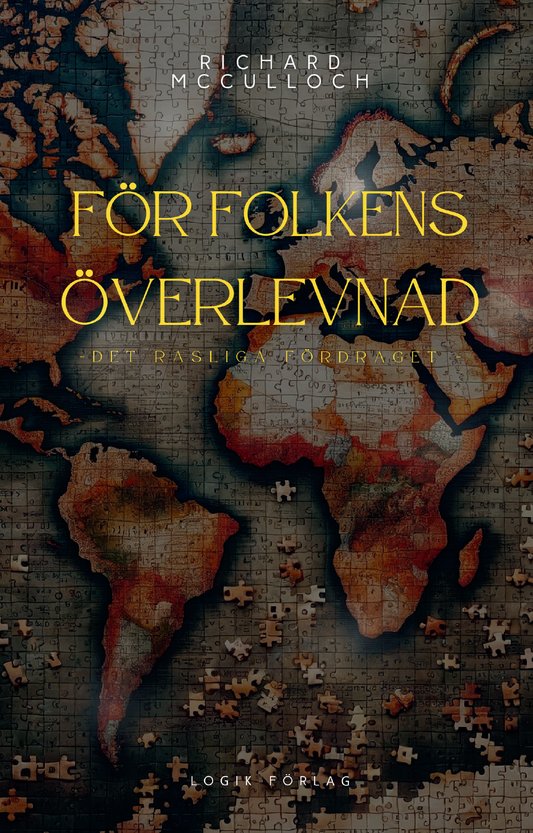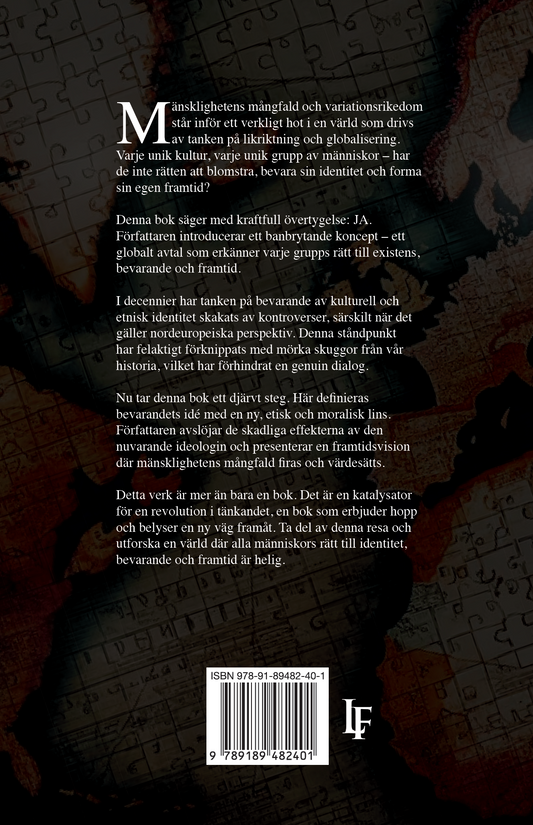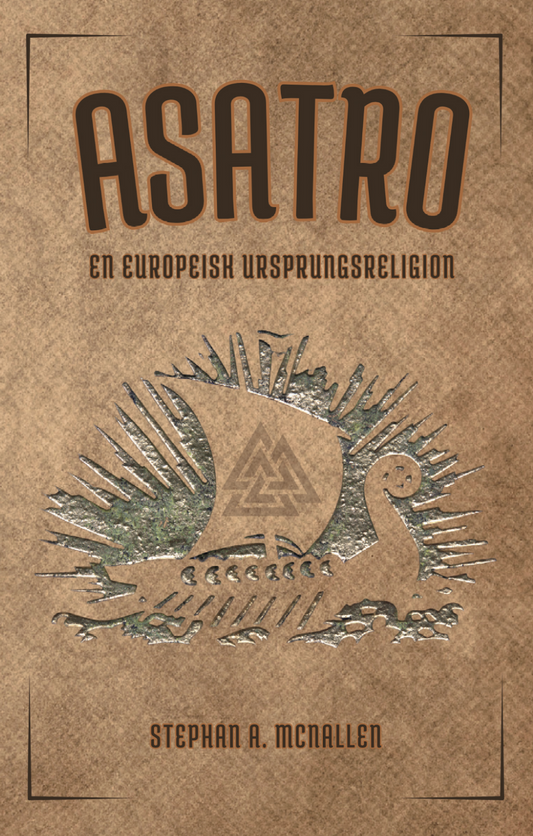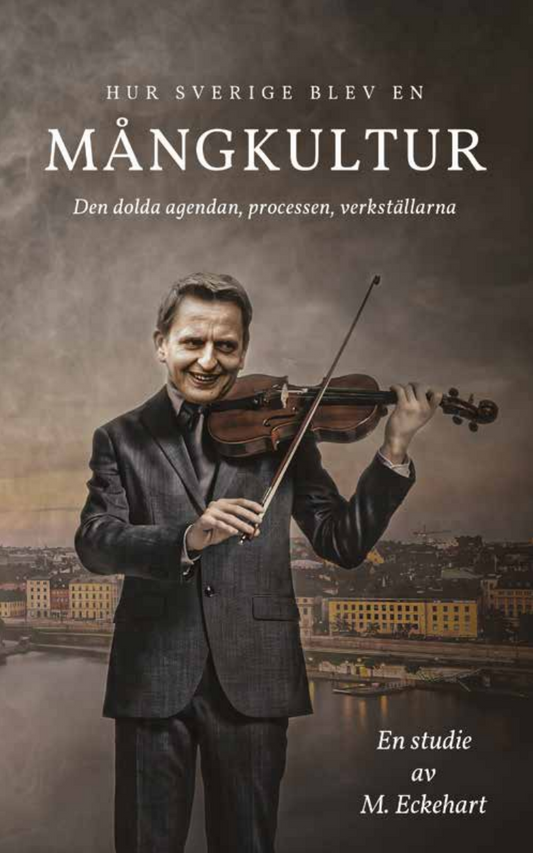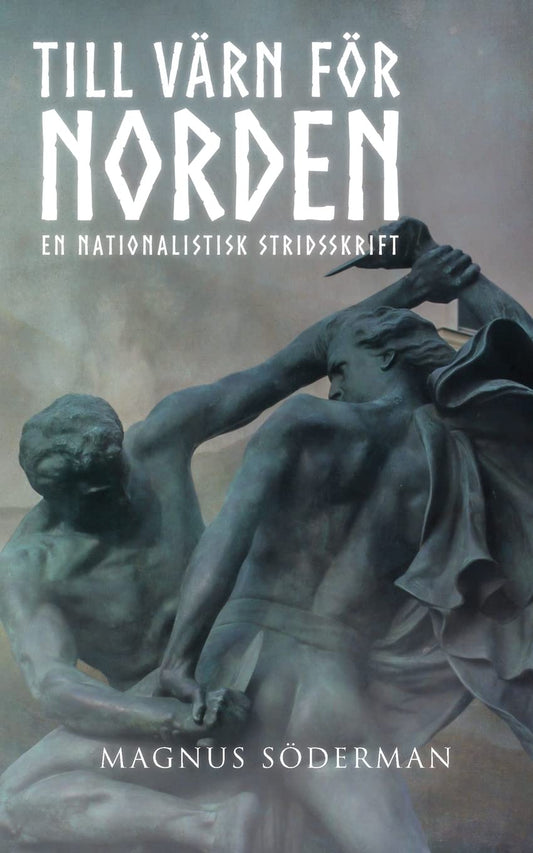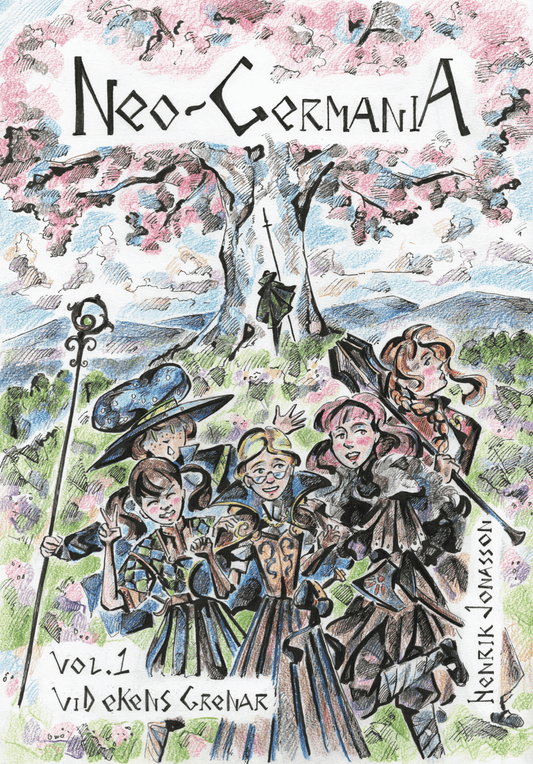Böcker i fokus
-
För folkens överlevnad
Säljare:Richard McCullochOrdinarie pris 247 krOrdinarie prisEnhetspris per -
Asatro - En europeisk ursprungsreligion
Säljare:Stephen A. McNallenOrdinarie pris 237 krOrdinarie prisEnhetspris per -
Jag var i Auschwitz
Säljare:Thies ChristophersenOrdinarie pris 99 krOrdinarie prisEnhetspris per -
Från Sverige till Absurdistan
Säljare:Ingrid CarlqvistOrdinarie pris 297 krOrdinarie prisEnhetspris per -
Hur Sverige blev en mångkultur
Säljare:M. EckehartOrdinarie pris Från 49 krOrdinarie prisEnhetspris per -
Till värn för Norden
Säljare:Magnus SödermanOrdinarie pris Från 97 krOrdinarie prisEnhetspris per -
Neo-Germania vol. 1 – Vid ekens grenar
Säljare:Henrik JonassonOrdinarie pris 297 krOrdinarie prisEnhetspris per -
Den sexuella utopin vid makten
Säljare:F. Roger DevlinOrdinarie pris 277 krOrdinarie prisEnhetspris per


